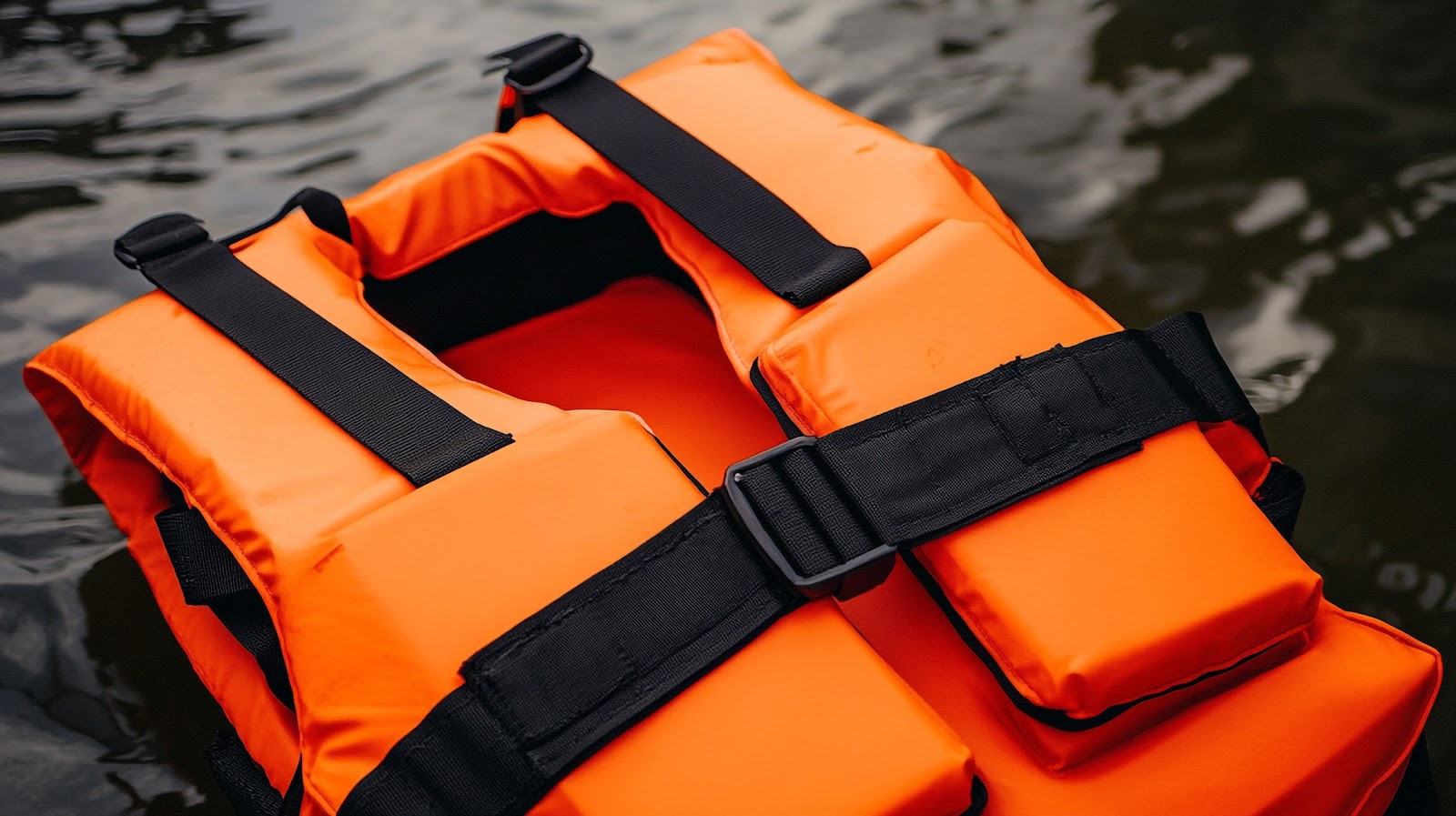Two clients may look similar on paper but have very different exposure once you look more closely at job duties, work locations, and vessel involvement. Add in changing operations, mixed roles, or third-party labor, and it becomes easy to overlook something important.
Below are five of the most common misconceptions agents encounter when evaluating Longshore exposure, along with practical guidance on how to avoid them and better advise clients.
.jpg) |
Misconception #1
“If employees are not working on a vessel, Longshore does not apply.”
Many agents associate Longshore coverage strictly with vessel work, so if employees are not regularly on boats, the exposure feels unlikely.
What to know:
Longshore exposure is not limited to vessel operations. Employees who work on or near navigable waters may still trigger Longshore, even if their primary duties are shore-based.
What to watch for:
- Work at docks, terminals, marinas, or shipyards
- Employees moving between land-based tasks and waterfront areas
- Use of floating platforms or equipment
Misconception #2
“State workers’ compensation will cover it.”
Clients and agents alike often assume state workers’ compensation is sufficient, especially if the account has never had a Longshore policy in place.
What to know:
State workers’ compensation and Longshore coverage are not interchangeable. When Longshore applies, relying on state workers’ compensation alone can lead to coverage gaps and claim denials.
What to watch for:
- Mixed land and waterfront duties
- Work near navigable waters, even if infrequent
- Assumptions based on how the account has been handled historically
Misconception #3
“Job titles tell me everything I need to know.”
Why this comes up:Job titles are easy to reference and often used as shortcuts when evaluating exposure.
What to know:
Longshore exposure is driven by what employees actually do, not what their job titles say. Real-world duties often vary by project, location, or season.
What to watch for:
- Broad or outdated job descriptions
- Employees who perform multiple roles
- Seasonal or project-based changes in responsibilities
Misconception #4
“Occasional waterfront work does not count.”
Why this comes up:If waterfront work is only a small part of an employee’s role, it can feel insignificant from a coverage standpoint.
What to know:
Even limited or intermittent waterfront work can trigger Longshore exposure, depending on the circumstances. Frequency alone does not determine whether Longshore applies.
What to watch for:
- Short-term projects near navigable waters
- Employees stepping onto vessels as needed
- Temporary assignments outside normal operations
Misconception #5
“If it was not required last year, it will not be required now.”
Why this comes up:Once an account has been placed a certain way, it is easy to assume nothing has changed.
What to know:
Operations evolve, sometimes quietly. Growth, new contracts, expanded services, or changes in labor structure can introduce Longshore exposure without obvious warning signs.
What to watch for:
- New locations or job sites
- Expanded services or capabilities
- Increased use of subcontractors or labor providers
How to Avoid These Pitfalls
Longshore exposure is rarely about a single factor. It is usually the result of multiple details coming together. The key for agents is knowing which questions to ask and recognizing when a closer review is warranted. For a quick way to identify common triggers, start with LIG’s Longshore Trigger Checklist. When details are unclear or operations fall into a gray area, LIG’s marine underwriters can help confirm exposure and guide next steps before coverage is structured.Taking the time to evaluate Longshore exposure upfront helps protect your clients and helps avoid difficult conversations – and costly E&O exposure – later. With the right information and the right underwriting support, even complex situations can be handled with confidence.









